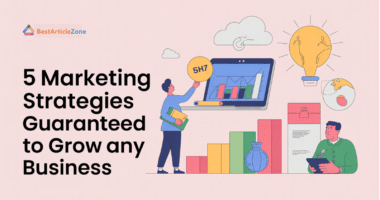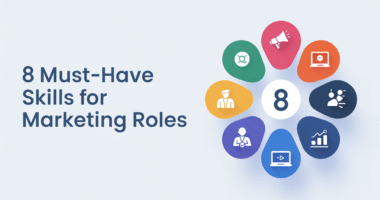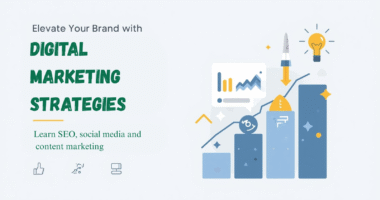In simple terms, PESTEL analysis is a tool to study outside factors that can affect your business. It examines six areas: Political, Economic, Social, Technological, Environmental, and Legal. These external factors can change a company’s success. By considering each area, you can spot opportunities or risks before they happen. This approach helps with strategic planning and decision-making.
Political Factors
Firstly, political factors are about government actions and policies. For example, changes in tax rules or trade agreements can make business costs go up or down. Also, political stability matters: an unstable country can scare off investment. Consider:
-
Government policies (taxes, trade agreements).
-
Political stability (peace vs. unrest).
-
Elections and leadership changes.
By checking these, you can prepare for new laws or shifts in power.
Economic Factors
Next, economic factors cover money and the economy. They include things like inflation (rising prices), interest rates, and currency value. For example, when interest rates fall, loans get cheaper; when they rise, borrowing slows. Also, a weak economy or high unemployment means customers spend less. Consider:
-
Inflation and prices.
-
Interest rates and loans.
-
Consumer spending.
-
Exchange rates.
By watching these factors, you can plan pricing and budgets.
Social Factors
Additionally, social factors involve people, culture, and trends. For example, the age and income of your customers matter: younger people may love new tech, while more mature customers might prefer quality or tradition. Also, trends like fitness or new media can change buying habits. Consider:
-
Demographics (age, education level).
-
Cultural trends (lifestyle, media use).
-
Consumer values (e.g. focus on health).
Adjusting to these trends helps attract the right customers.
Technological Factors
Then, technological factors are about new tools that affect industries. Technology can change how you make and sell products. For example, online shopping platforms and mobile apps have transformed retail. Also, automation and software can make work faster and cheaper. However, new tech can disrupt an industry if competitors adopt it first. Consider:
-
Innovation and automation (AI, robotics).
-
Online tools (websites, e-commerce).
-
Mobile tech (apps, smartphones).
Staying updated helps a small business use new tools and avoid being left behind.
Environmental Factors
Environmental factors involve nature and resources. For example, weather or climate change can affect businesses (like farming or tourism). In addition, laws and public concern about the environment (pollution, waste) can change how companies operatestrategyjourney.com. Consider:
-
Climate and weather (storms, droughts).
-
Natural resources (water, raw materials).
-
Environmental regulations (waste, emissions).
Planning for these factors helps a business reduce risk and attract eco-friendly customers.
Legal Factors
Finally, legal factors involve laws and regulations a business must follow. For example, labor laws, safety standards, and tax rules all fall here. If a new law raises wages or adds safety requirements, you need to adapt. Also, industry-specific permits and import rules can change your costscompetitiveintelligencealliance.io. Consider:
-
Employment laws (wages, work hours).
-
Health and safety regulations (equipment standards).
-
Tax and trade rules (tax rates, tariffs).
Keeping up with legal changes helps you avoid fines and operate properly.
In summary, PESTEL analysis gives business owners a big-picture view of the world around them. It forces you to think beyond daily tasks and consider important trends. Also, doing PESTEL regularly can reveal new opportunities (like a growing market) or warn you of threats (like new regulations). By making this a habit, your business strategy stays flexible and ready for change.









